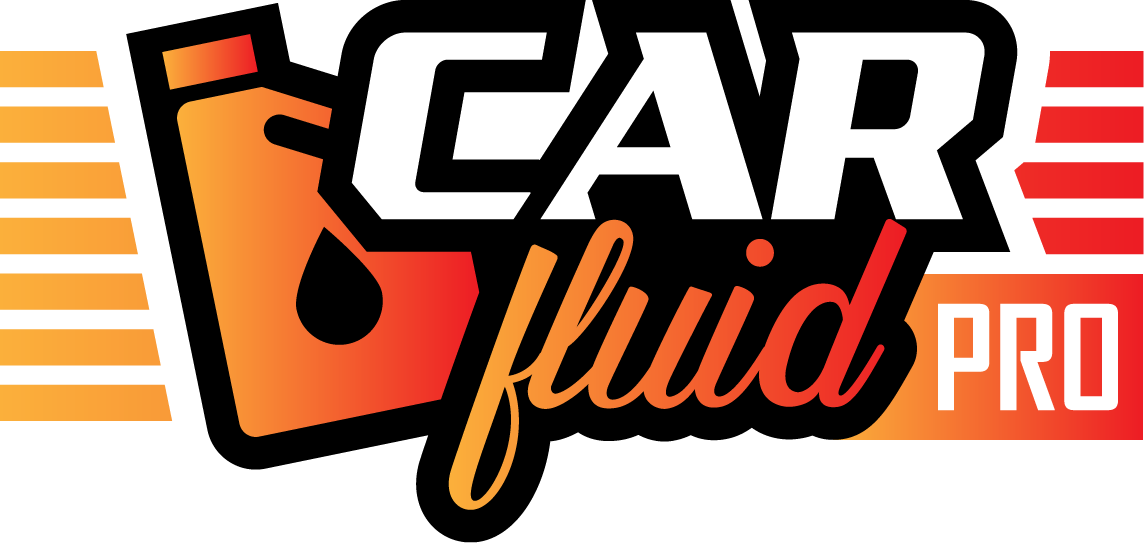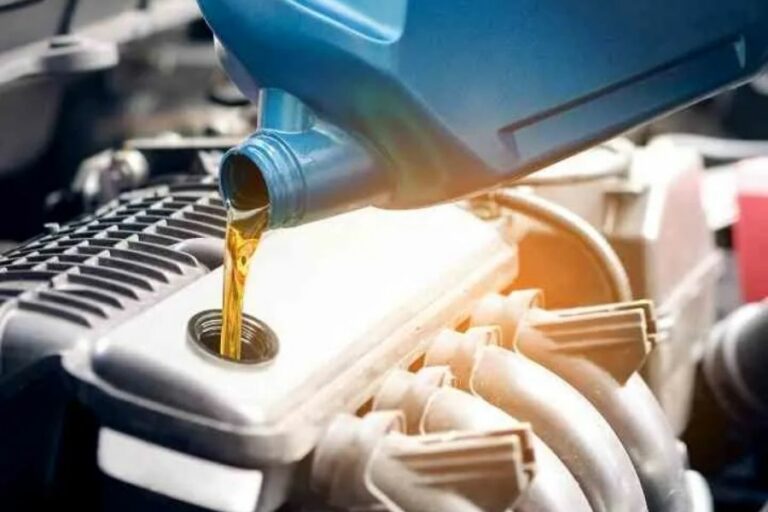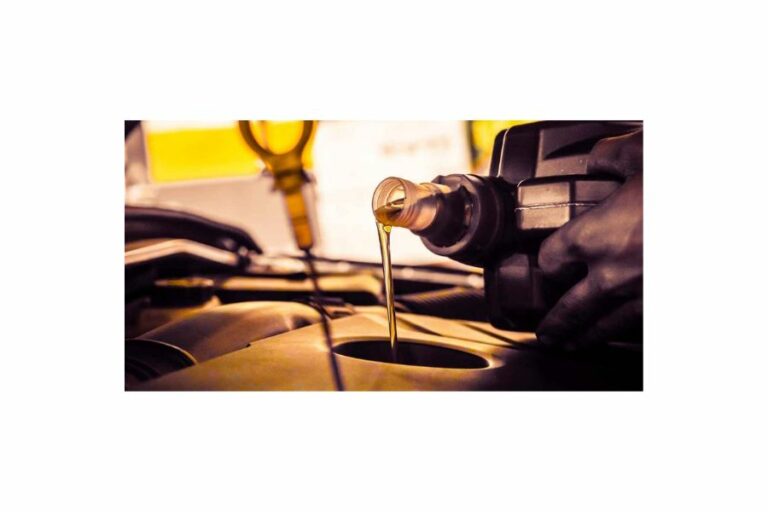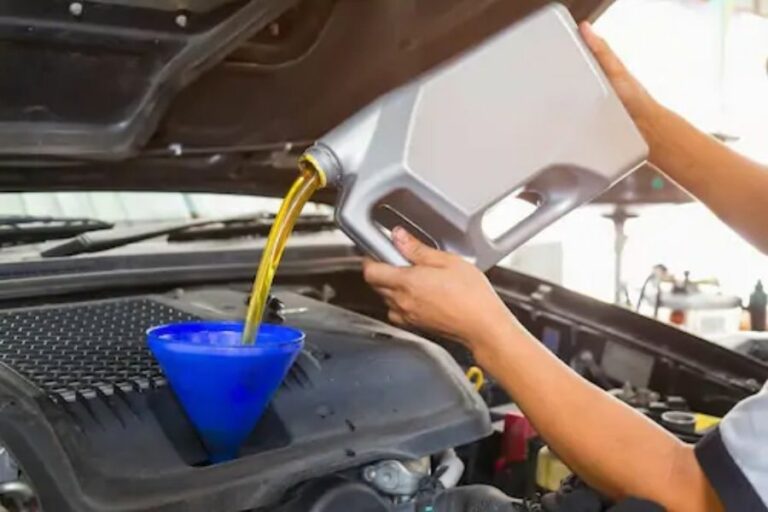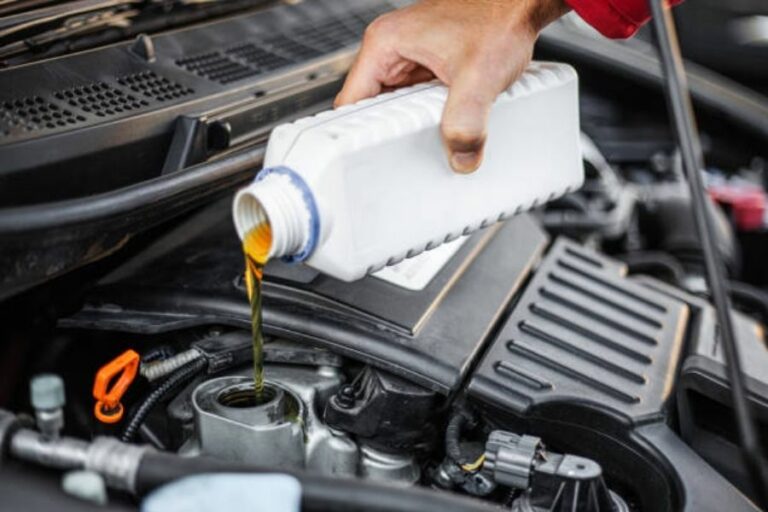Allison 1000 Transmission Fluid Type And Capacity [An Absolute Know-All!]
The correct type of transmission fluid is crucial to use in the Allison 1000 transmission to ensure optimal performance. Not only the type but as an owner, you must also know the fluid capacity of your Allison transmission.
That’s why we have decorated today’s write-up highlighting all the confidential information. So, what to wait for more to get deep to the point?
What Kind of Transmission Fluid Does An Allison 1000 Take?
Compatible fluids can extend the drain intervals and enhance transmission performance and durability in all operating conditions. That’s why, in your Allison 1000 transmission, you should use the Allison Allison Transmission TES 295® Approved Fluids.
Among the approved fluids, Allison TES 668® has the newest fluid spec. You can consider choosing the fluid for your next service!
DEXRON®-VI fluid is also compatible to use in the Allison 1000 transmission. It can be used in the 1000 transmission families beginning with S/N 6310670488 and 6320784373.
Shell Spirax S6 ATF A295, & Mobil Delvac 1 TES-295 can also be considered for use in the Allison 1000 transmission as Allison approves them.
Typical Features of the Approved Fluid for Allison 1000 Transmission
By now you already know which fluid can be used in the Allison 1000 transmission. Let’s see the typical features of them for better knowledge.
DEXRON®-VI
DEXRON®-VI helps to prevent transmission vibration and also provides smooth gear shifting during low temperatures.
It has improved anti-wear protection, which contributes to extending the transmission life of the Allison 1000 family.
| DEXRON®-VI | |
| Viscosity at 40°C cSt Viscosity at 100° C cSt | 30.6 6.1 |
| Viscosity index | 152 |
| Flash Point | 205 °C |
| Pour Point | -52 °C |
| Appearance | Clear Red Liquid |
Castrol TranSynd 668 [Allison TES 668® approved]
Castrol TranSynd 668 delivers improved gear protection for your vehicle. It extends anti-shudder & durability of the transmission. Besides, Castrol TranSynd 668 has excellent resistance against the foaming and corrosion formation.
| Castrol TranSynd 668 | |
| Viscosity, Kinematic 100 C cSt Viscosity, Kinematic 40 C cSt | 6.9 33 |
| Viscosity Index | 168 |
| Flash Point, COC | > 210 |
| Pour Point | -51 |
| Appearance | Bright & Clear |
| Density @ 15C, Relative | 0.8508 |
Read Also: Duramax Allison Transmission Fluid Type
Shell Spirax S6 ATF A295 [Allison TES 295 and TES 468 approved]
Shell Spirax S6 ATF A295 enhances transmission efficiency by providing significant frictional stability, excellent durability & viscometrical control.
Thus, it helps to ensure consistent shifting & power transfer of the transmission. Besides, the low-temperature properties of Shell Spirax S6 ATF A295 assist in providing excellent transmission operation even in cold weather.
| Shell Spirax S6 ATF A295 | |
| Viscosity, Kinematic 100 C cSt Viscosity, Kinematic 40 C cSt | 7.3 36 |
| Viscosity Index | 181 |
| Flash Point | 213 |
| Pour Point | -51 |
| Density | 0.840 |
Mobil Delvac 1™ ATF [Allison TES-295 approved]
Mobil Delvac 1™ ATF, transmission fluid, which advanced technology is excellent in providing an extended life span of the transmission, low-temperature capability & friction retention.
Besides, it improves transmission cleanliness and durability. Mobil Delvac 1™ ATF has significant film-strength & anti-wear properties.
| Mobil Delvac 1™ ATF | |
| Density @ 15.6 C | 0.85 |
| Flash Point | 236 |
| Kinematic Viscosity @ 100 C Kinematic Viscosity @ 40 C | 7.3 39 |
| Pour Point, °C | -54 |
| Viscosity Index | 168 |
| Color | Red |
Read Also: Duramax Allison Transmission Fluid Type
What Is the Fluid Capacity in the Allison 1000 Transmission? [Approximate Amount]
The Allison 1000 transmission has 11 to 13 dry-fill fluid capacities, including the vehicle’s torque converter.
When you drop the transmission pan to have a standard drain on your transmission, you may have to replace about 7.5 quarts of fluid, assuming the vehicle used a stock transmission pan.
If you have a deeper transmission pan for the Allison 1000 transmission, the estimated amount will be more.
See the chart below to learn the Allison 1000 transmission fluid capacity.
| Allison Transmission | ||||
|---|---|---|---|---|
| Model Name | Pan Drop | Filter Change | ||
| Liters | Quarts | Liters | Quarts | |
| Allison 1000 series [5-speed automatic] | 7.3 | 7.7 | 10.4 | 11 |
| Allison 1000 series [6-speed automatic] | 10.1 | 10.7 | 16.0 | 16.9 |
Allison 1000 Transmission Recommended Fluid and Filter Service Intervals [On-Highway Application]
Replacing the Allison 1000 transmission fluid & filter within recommended intervals is essential. Because it makes the shifts of the gears smoother & can extend the life of the transmission.
Take a glimpse at the below chart to get to know the service intervals of your Allison 1000 transmission fluid & filter. Allison has also developed a Fluid & Filter calculator through which you can get information on change intervals.
[Note: You should change fluid or filter of the transmission at or before recommended hours, miles, or months have elapsed, whichever occurs first]
| Approved Fluid TES-389 | ||||
|---|---|---|---|---|
| General Duty’ | Severe Duty’ | |||
| Fluid | Filter | Fluid | Filter | |
| Allison 1000 Transmission | 50,000 Miles or 80,000 Km [20,000 hours or 24 months] | 50,000 Miles or 80,000 Km [20,000 hours or 24 months] | 12,000 Miles or 20,000 Km [500 hours or 6 months] | 12,000 Miles or 20,000 Km [500 hours or 6 months] |
| Approved Fluid TES-295 [EG. Castrol TranSynd] | ||||
|---|---|---|---|---|
| General Duty’ | Severe Duty’ | |||
| Fluid | Filter | Fluid | Filter | |
| Allison 1000 Transmission | 150,000 Miles or 240,000 Km [6000 hours or 48 months] | 50,000 Miles or 80,000 Km [20,000 hours or 24 months] | 75,000 Miles or 120,000 Km [3000 hours or 36 months] | 50,000 Miles or 80,000 Km [20,000 hours or 24 months] |
[Additional Info: While changing the initial Main filter or Main & Lube filters at recommended intervals, Allison 1000 family transmission will have an approximate fluid loss for each filter as follows:
Control Main filter= 1 pint or 0.47 liters]
Read Also: Duramax Allison Transmission Fluid Change Interval
What Will Happen If I Add Too Much Transmission Fluid in My Vehicle?
If you add too much transmission fluid to the vehicle, you will notice the fluid has become foamy. It creates a foamy substance that saturates with the transmission as the air above mixes with the excessive fluid.
The excessive fluid prevents proper lubrication and cooling system & ceases the rotating crankshaft. Moreover, you may also face noticeably-
- Poor shifting
- Part pitting
- Seal failure or
- High internal temperature
Besides, the eventual effects of using a high amount of fluid in the transmission will lead to a cost of several hundred or thousand dollars to rebuild it.
So as not to face the headache of the excessive fluid consequence, have a regular inspection of the transmission fluid on the vehicle.
What Will Happen If I Use the Wrong Transmission Fluid in My Vehicle?
Transmission failure is the ultimate consequence of using the wrong fluid type in the vehicle. A mechanic or a professional cannot even reverse the damage (caused by the wrong type of fluid) by flushing the transmission fluid. It can totally destroy the transmission.
There are several warning signs through which you can get to know that you have used the wrong type of fluid in your transmission. They are including-
- The strange engine sounds cranking
- Not shifting gears
- Car stalls while changing gears
- Slip gears
- Rough shifting
- The clutch is locking up
So, you should always be using the manufacturer-recommended transmission fluid in your vehicle.
Read Also: Turbo 350 Transmission Fluid Type and Capacity: What You Must Know
Allison 1000 Transmission Maintenance
As a careful car owner, you must ensure to have standard inspections & maintenance of your Allison 1000 transmission to ensure its longevity. Keep reading to learn the top Allison 1000 transmission maintenance tips.
- Inspect your transmission fluid of the Allison 1000 series regularly. It helps you to get to know the overall condition of the transmission & it is the best way to know when it’s time for a professional check.
- Look after the cooling system of your vehicle, as it is a vital component to maintaining the health of the engine and the Allison transmission.
- Always shift the gears of the vehicle wisely. Bring the car to a complete stop before shifting the gear into the park or switching to drive.
- Ensure to use the proper type of fluid in your Allison 1000 transmission.
- Flush out your transmission in the scheduled intervals.
- To maintain the transmission performance, avoid towing if you have a larger vehicle. Besides, do not overuse the spare tires.
- Have a regular inspection of your Allison transmission, as it is the most crucial part of transmission maintenance.
Read Also: Dodge Ram 3500 Transmission Fluid Type
Frequently Asked Questions
In this subsection, let’s get to know additional information about the matter by answering the queries that the owners mostly search for. Have a look to know.
How much fluid does an Allison 1000 transmission torque converter hold?
In an Allison 1000 transmission, the torque converter usually holds 17 to 20 quarts of fluid with deep transmission pans. But depending on the year, the amount may vary. Even if you are running a large transmission cooler, you should check the fluid level for the first couple of weeks.
Can you use Castrol Transmax in Allison transmission?
Castrol Transmax is a heavy-duty transmission fluid specialized for heavy-duty applications. It is approved against the Allison TES 389 specifications and can be used in all heavy-duty automatic transmissions of Allison.
How much torque can an Allison 1000 handle?
Generally, Allison 1000 was a 5-speed transmission that could hold a torque of about 620 lb.-ft or 840 NM. As the transmission is updated several times, the torque is increased to 765 lb.-ft or 1,037 NM.
What grade transmission fluid do I need in Allison 1000 transmission?
On the manual transmission, generally recommended fluid formulations are SAE 75W-90, 80W, 80W-90, and SAE 90. In some cases, multi-grade transmission or engine oil can also be used in manual transmission.
How long does Allison 1000 last?
Allison 1000 is the 5-speed transmission whose big killer is the heavy throttle during shifts. If the owner is careful on up or down shifts, he can expect to have 50k miles. Changing the fluid and filters at the recommended intervals would be best.
